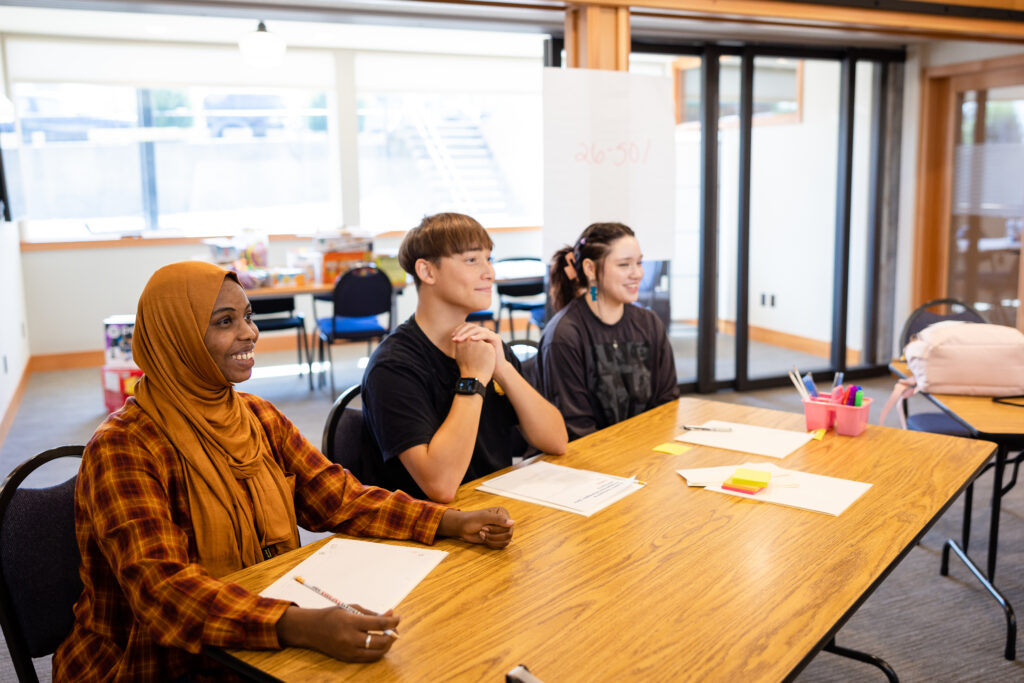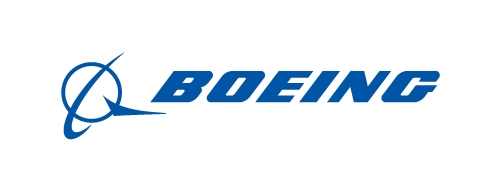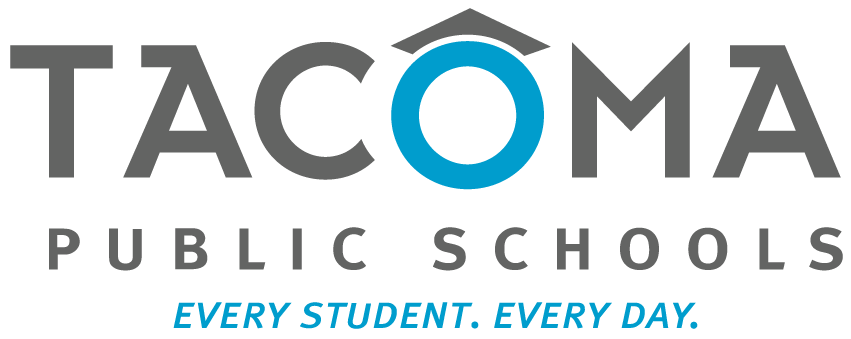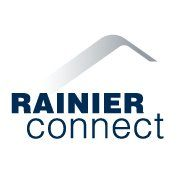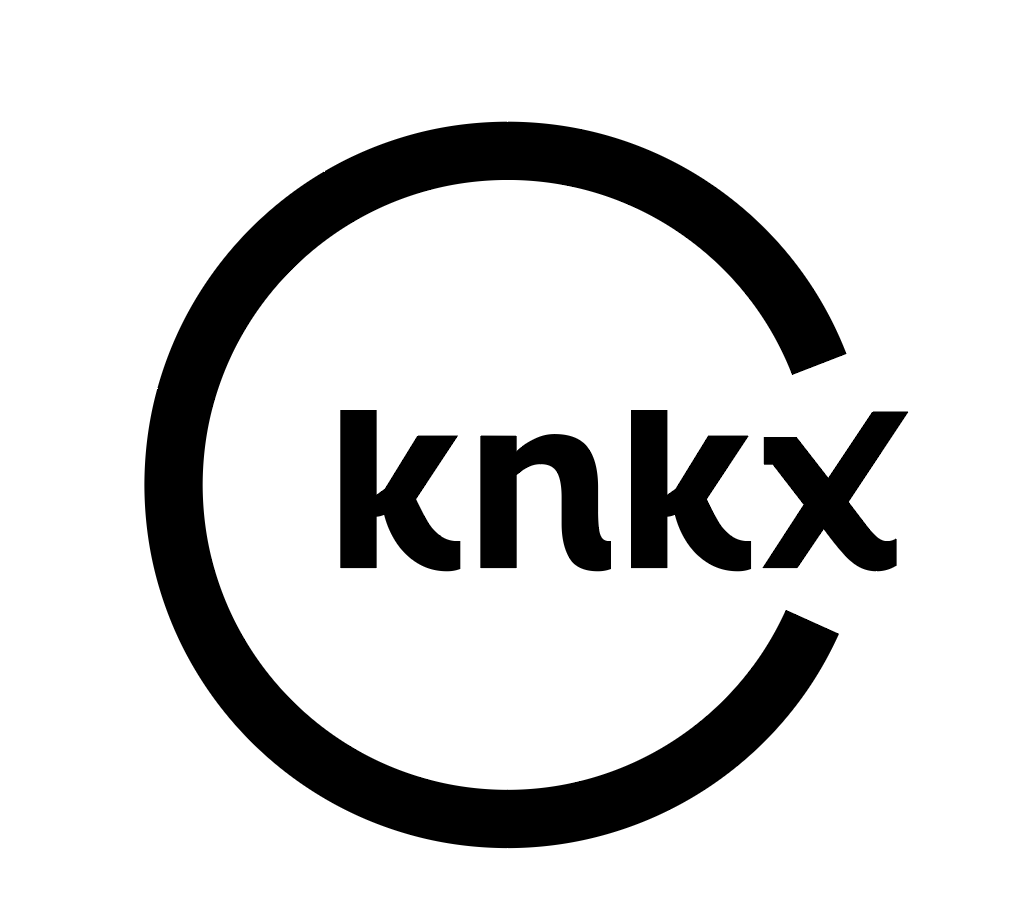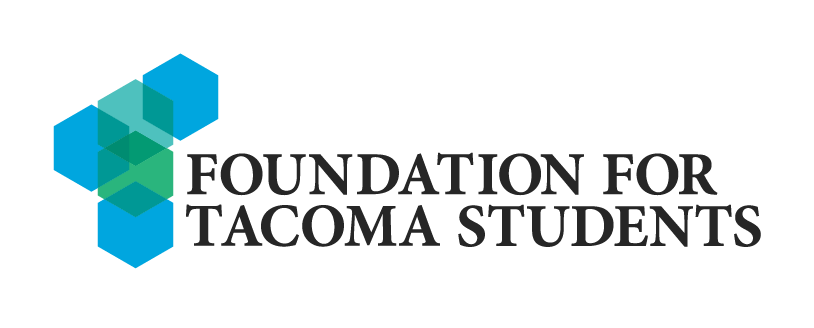College can be tough, especially for first-year students. Research from the National Resource Center for The First-Year Experience & Students in Transition shows that students who participate in peer mentoring programs are 10% more likely to graduate than those who don’t. Similarly, students supported by the College Access: Research & Action (CARA) peer-to-peer persistence model have an 11% higher retention rate compared to those without this support. Recognizing this significant advantage, the Foundation for Tacoma Students took action to strategically connect students with supportive peers during their critical first year of college.
In 2023, we launched the peer-to-peer mentoring program at Tacoma Community College (TCC) based on CARA’s mentorship model. Through the Titan PULSE Mentors Program (Peers Utilizing Leadership for Student Excellence), we trained five peer leaders using CARA’s site-based implementation plan. In its first year, our peer leaders reached out to 608 students, providing mentoring services to 409, with 61% being students of color. Now in its second year, peer leaders actively manage student caseloads, guiding first-year students on building relationships, navigating campus life, and achieving key milestones toward credential completion. Our approach focuses on supporting first-generation, BIPOC, and limited-income students who often encounter additional obstacles during their transition to college.
Our goal is to develop sustainable programs that can eventually be self-managed by college partners. We envision three stages for program progression: laying the foundation, stabilizing the program, and achieving sustainability. Currently, TCC is in the stabilization stage, allowing peer mentors to provide one-on-one support, establish relationships with other campus departments and stakeholders, and test additional model components such as CARA’s assessment system.
Building on the success at TCC, we are collaborating with Clover Park Technical College (CPTC) to expand peer-to-peer mentoring by the end of 2024. Working with Clover Park’s Office of Equity, Diversity & Inclusion, we’re laying the groundwork for effective peer advising and tailoring the program to fit the technical college environment.
As TCC transitions to the sustainability stage next year, FFTS and CARA will gradually step back, empowering the college to take full ownership of the program. This includes establishing annual training curricula, documenting routine processes and system maintenance procedures, and securing funding to ensure the program’s longevity. By adapting this evidence-based peer mentoring model to both institutions, our aim is to increase retention and graduation rates for students at TCC and CPTC, ultimately helping more students achieve their educational and career goals.

